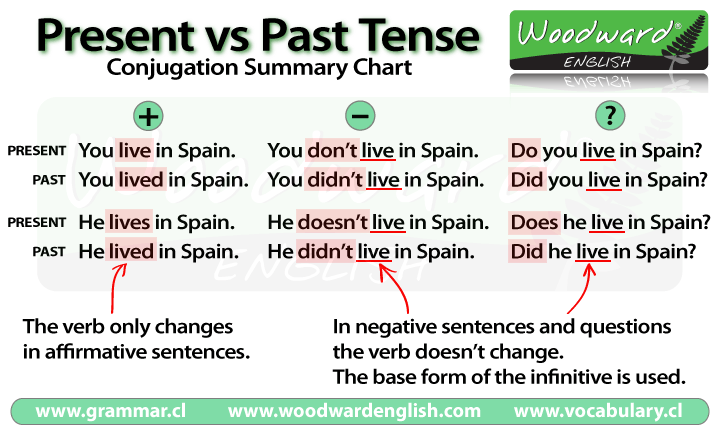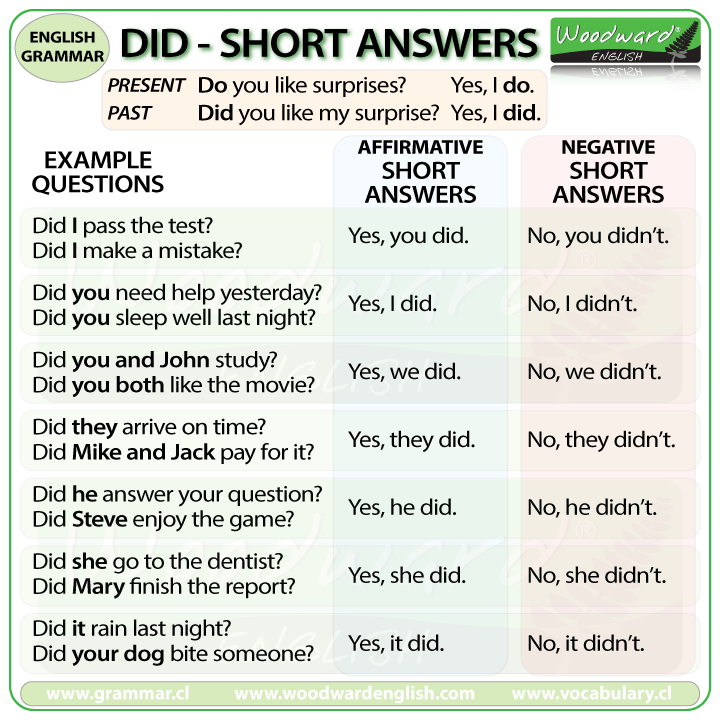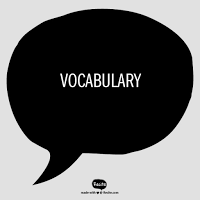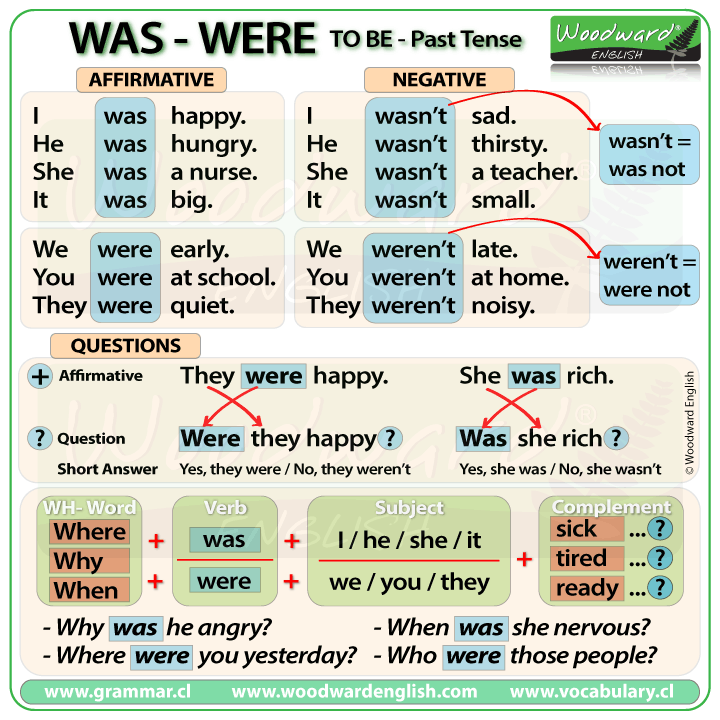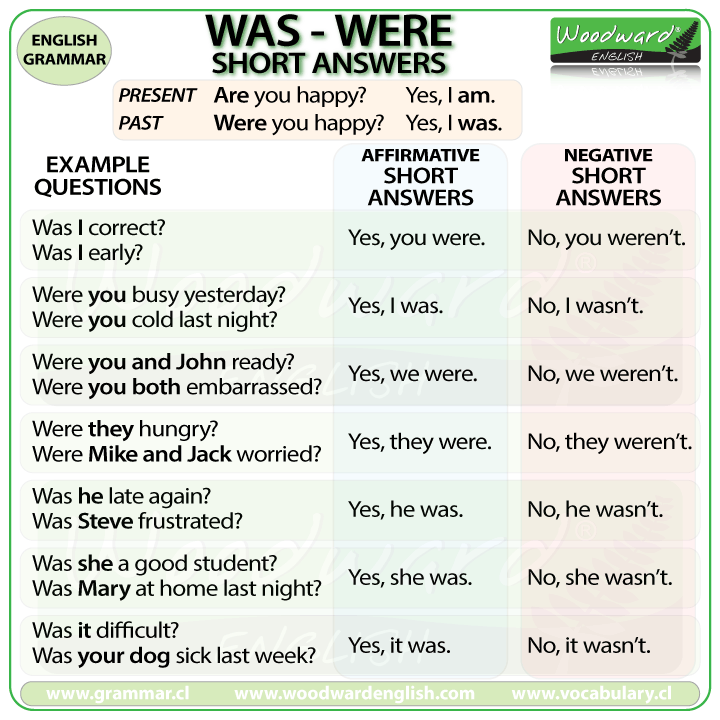Estimadas familias queríamos aprovechar esta primera entrada para explicaros en qué consiste el método AMCO, el cual vamos a utilizar en más de la mitad de las horas lectivas de inglés.
Aquí destacamos algunos de los fundamentos pedagógicos y estrategias didácticas.
Como podéis ver es un método que busca el aprendizaje del inglés como si fuera otro primer idioma, con su uso diario en clase con mucho apoyo audiovisual y sin traducir para favorecer el switching process.
No se trata de enseñar a los niños vocabulario ni gramática inglesa, sino el idioma en su contexto, en su uso diario, para ello se utilizan estrategias integradoras y globalizadoras que ofrezcan oportunidades de aprendizaje en todas las competencias y las inteligencias múltiples de los alumnos.
El maestro debe ser el modelo del idioma a seguir en clase por ello se pretende hablar solo en inglés y no traducir. En los casos en que no se pueda seguir esta premisa básica, en casos puntuales, se apoyará a los alumnos/as de forma individual en castellano, pero ese apoyo se irá retirando para promover el switching process.
LIBROS
El método Gear Up incluye 2 libros de trabajo en el aula distribuidos en una primera unidad de repaso y acercamiento con el primero y un segundo libro en el que se recogen el resto de las 5 unidades.
El Home Schooling es parte de la metodología AMCO y supone que de forma puntual los niños van a llevar a casa una hoja de trabajo para practicar principalmente pronunciación de ciertas palabras clave. El papel de las familias en este aspecto es fundamental. Debéis escuchar cómo pronuncian los niños las palabras y dar vuestra opinión.
Con este gesto los niños pueden aplicar lo aprendido fuera del aula y mostraros su progreso. Vosotros a su vez podéis colaborar y observar el avance de vuestros hijos.
ESTRUCTURA DE LA CLASE AMCO
La clase de AMCO se estructura en varias partes.
La primera parte del día supone el Daily routine, en el que se realizan los saludos y varias preguntas para ir desarrollando la capacidad de conversación autónoma de los alumnos.
El Daily Routine
1.- Saludos
2.- Lista de asistencia
3.- Calendario
4.- Revisión de reglas
5.- El tiempo atmosférico
6.- Repaso y actividades previas
Las otras partes de la clase son practicar pronunciación, trabajar gramática, comprensión lectora, discriminación auditiva y conversación.
Siguiendo al aclamado Howard Gardner, en el aula vamos a tener actividades para todo tipo de inteligencias siguiendo la teoría de las Inteligencias Múltiples.
Utilizamos otras muchas actividades en clase para fomentar el uso del inglés en situaciones prácticas.
Entre ellas destacamos:
- Juegos de mesa, como bingos, estilo oca, dobble, boggle, etc.
- Aplicaciones del IPAD
- Trabajo cooperativo
- Teatro, role playing
- Poesías
- Deletreo individual y en grupo, concurso de deletreo
- Lectura de libros individual y en grupo
- Trabajo por proyectos
- Herramientas 2.0 podcast, etc...
- otros.
Os iremos recomendando por curso las aplicaciones para Ipad y tablets en caso de que queráis utilizarlas en casa para repasar jugando.
Esperamos que con esta exposición de la metodología os quede más claro qué van a hacer vuestros hijos en estas horas de inglés y cómo podéis ayudar en su aprendizaje. En todo caso si tenéis dudas o preguntas concretas estamos a vuestra disposición en Phidias.

